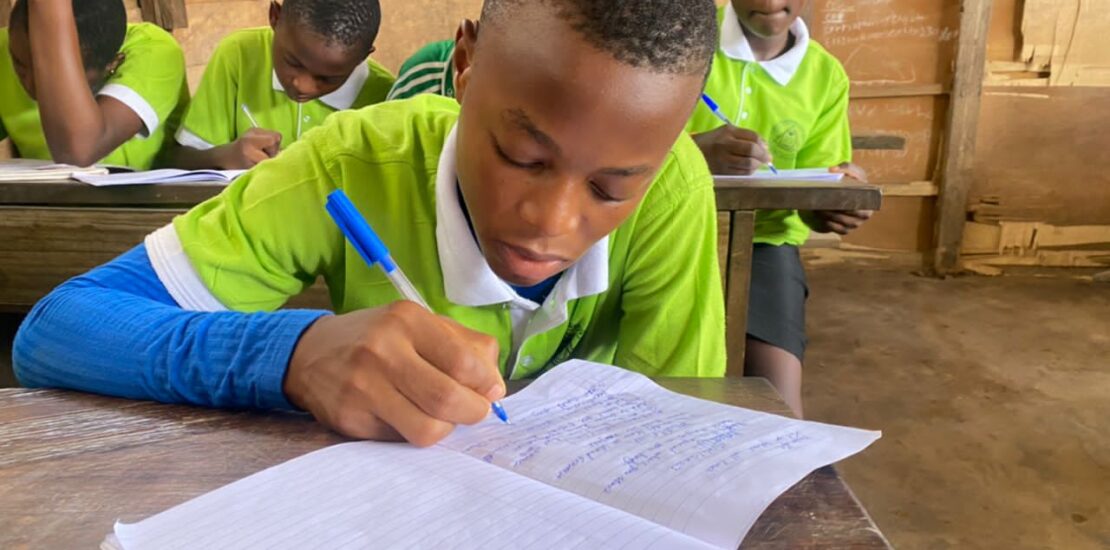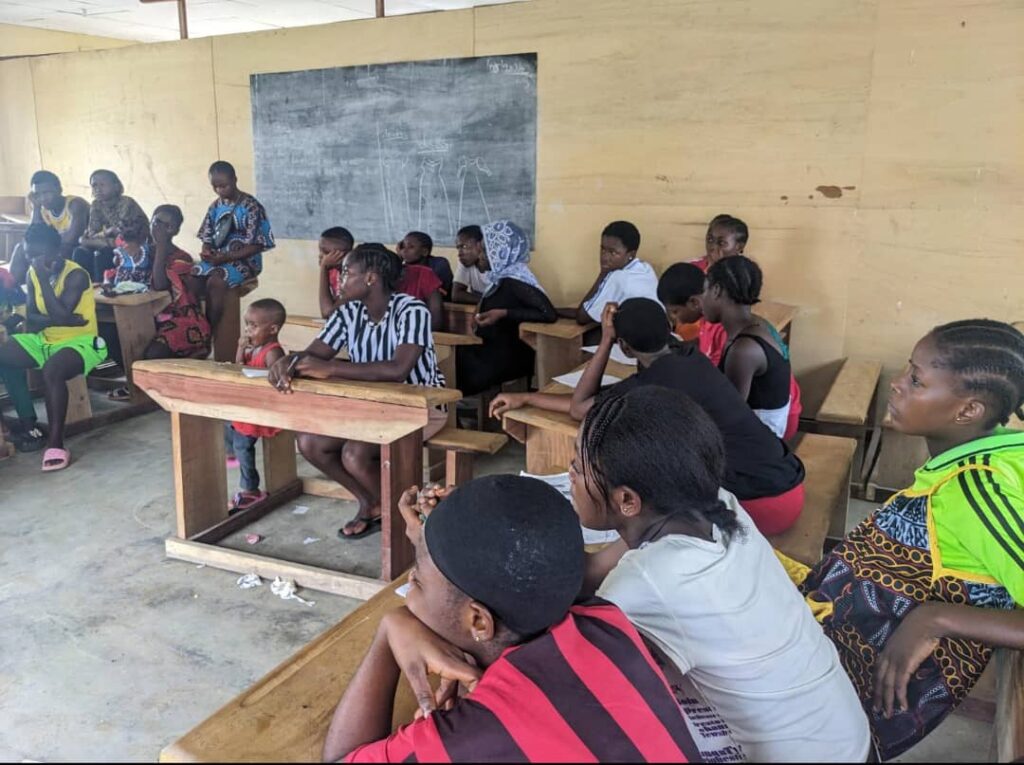- September 16, 2024
- Posted by: Viacame Communication
- Categories: Activism, Advocacy, Education, Youth Empowerment

Adolescents, often seen as impulsive or rebellious, are actually navigating a vital stage of growth where they develop autonomy and identity. While their brains are still maturing, especially in areas like decision-making and risk assessment, this period is crucial for learning responsibility and independence. When supported with guidance and trust, adolescents are fully capable of making informed and healthy choices. Particularly in matters like Sexual and Reproductive Health and Rights (SRHR), empowering adolescents with accurate information and respecting their autonomy leads to stronger, more responsible decision-making. Their choices deserve respect, not dismissal, as they grow into self-sufficient adults
Introduction
Adolescence is a critical developmental stage characterized by rapid physical, emotional, and cognitive changes. During this period, individuals transition from childhood to adulthood, encountering numerous challenges and opportunities for growth. Understanding why adolescents behave the way they do requires a deep dive into their psychological processes and the external influences that shape their decisions. This desk review examines whether adolescent choices stem from childish behaviors or should be respected as part of their emerging autonomy. Additionally, it highlights the role of parents as advisors and friends, particularly in relation to Sexual and Reproductive Health and Rights (SRHR).
The Adolescent Brain and Behavior
The adolescent brain is still developing, particularly the prefrontal cortex, which is responsible for decision-making, impulse control, and assessing risks. This ongoing development explains why adolescents are often more impulsive, prone to risk-taking, and sensitive to peer influence compared to adults (Casey, Jones, & Hare, 2008). Their actions, which may sometimes appear childish or irrational to adults, are often the result of these neurological developments rather than an inherent immaturity.
However, despite these developmental factors, adolescents are also developing their own sense of identity and autonomy. They begin to question authority, seek independence, and make decisions that align with their emerging values and beliefs. These behaviors are not merely childish impulses but are crucial for their growth into self-sufficient adults. Respecting their choices, even when they seem questionable, is important for fostering this autonomy and helping them learn from their experiences (Steinberg, 2014).
Adolescents’ Choices: Childish Impulses or Emerging Autonomy
The choices adolescents make are often a mix of exploring their boundaries and testing the waters of independence. While some decisions may be influenced by peer pressure or a desire for immediate gratification—common traits during this developmental stage—others reflect a deeper search for identity and purpose. For instance, an adolescent’s decision to challenge societal norms or explore new interests can be seen as an expression of autonomy rather than mere rebellion.
Research indicates that when adolescents are given the opportunity to make decisions and are supported in the process, they develop better problem-solving skills and a stronger sense of responsibility (Steinberg & Morris, 2001). Therefore, it is crucial to distinguish between impulsive, potentially harmful behaviors and those that represent a genuine effort to grow and learn. Parents and guardians should aim to guide adolescents in making informed choices rather than dismissing their decisions as mere childishness.
The Role of Parents: Advisors and Friends
Parents play a pivotal role during adolescence, not as authoritative figures, but as trusted advisors and friends. This approach is particularly important in the context of Sexual and Reproductive Health and Rights (SRHR). Adolescents need accurate information and guidance to make informed decisions about their sexual health, but they are less likely to seek advice from parents who are overly authoritarian or judgmental (Levine, 2011). By adopting a supportive and non-judgmental stance, parents can create a safe environment where adolescents feel comfortable discussing sensitive topics.
This open communication helps adolescents make informed decisions about their sexual health, understand the consequences of their actions, and feel empowered to take control of their SRHR (UNFPA, 2014). Parents who act as advisors and friends rather than disciplinarians encourage their children to make responsible choices and develop healthy attitudes toward sexuality and relationships.

The Importance of Respecting Adolescent Autonomy in SRHR
Respecting adolescents’ autonomy in SRHR is crucial for their overall well-being. Adolescents have the right to access information and services related to their sexual and reproductive health, and they should be empowered to make decisions that affect their bodies and futures. When parents respect their adolescent’s choices in these areas, it reinforces the adolescent’s ability to make responsible decisions and fosters a sense of ownership over their health and well-being (WHO, 2018).
However, this does not mean that adolescents should navigate these decisions alone. Parents should provide guidance, offer factual information, and encourage open discussions about SRHR. By doing so, they help adolescents make informed choices while also respecting their emerging autonomy.
conclusion
Adolescence is a complex period of growth that involves significant psychological, emotional, and cognitive changes. While some adolescent behaviors may seem impulsive or childish, they are often part of a broader search for identity and autonomy. It is essential to respect these choices as part of their development into independent adults. Parents play a critical role as advisors and friends, particularly in the context of SRHR, where open communication and supportive guidance can help adolescents make informed, responsible decisions. By fostering an environment of trust and respect, parents can support their adolescents in navigating this crucial stage of life.

let no one ever be the boss of your health stay informed, to stay healthy.
references
- Casey, B. J., Jones, R. M., & Hare, T. A. (2008). The adolescent brain. *Annals of the New York Academy of Sciences*, 1124(1), 111-126.
- – Levine, M. (2011). *Teach your children well: Parenting for authentic success*. HarperCollins.
- – Steinberg, L. (2014). *Age of opportunity: Lessons from the new science of adolescence*. Houghton Mifflin Harcourt.
- – Steinberg, L., & Morris, A. S. (2001). Adolescent development. *Annual Review of Psychology*, 52(1), 83-110.
- – UNFPA. (2014). *The Power of 1.8 Billion: Adolescents, Youth, and the Transformation of the Future*. United Nations Population Fund.
- – WHO. (2018). *Adolescent health*. World Health Organization.
